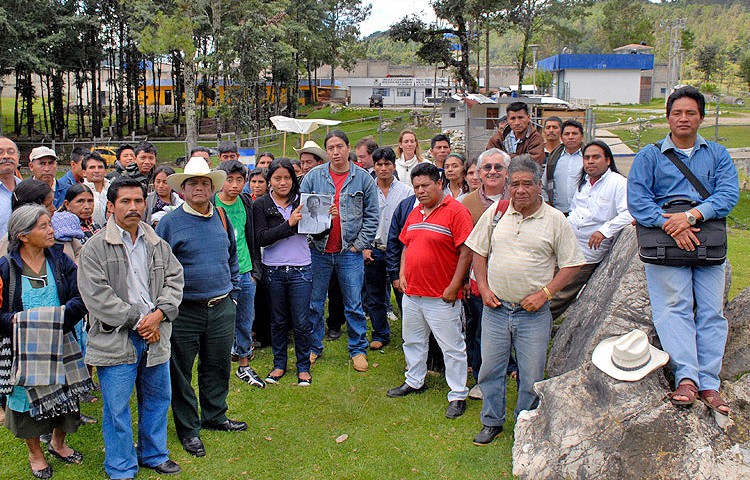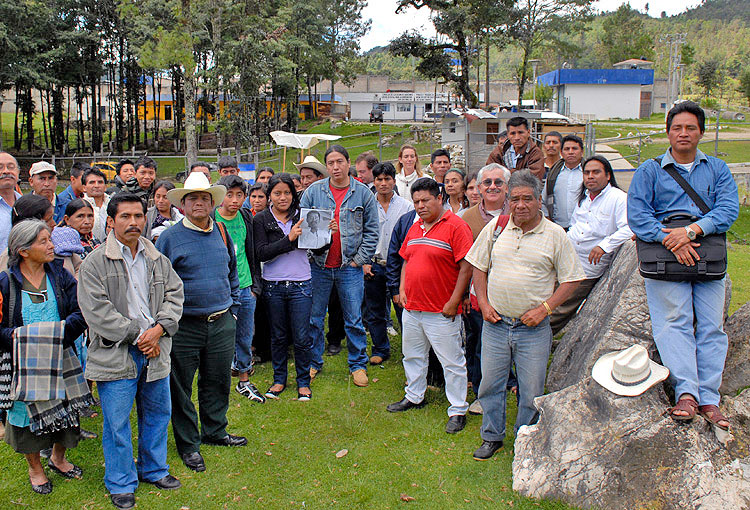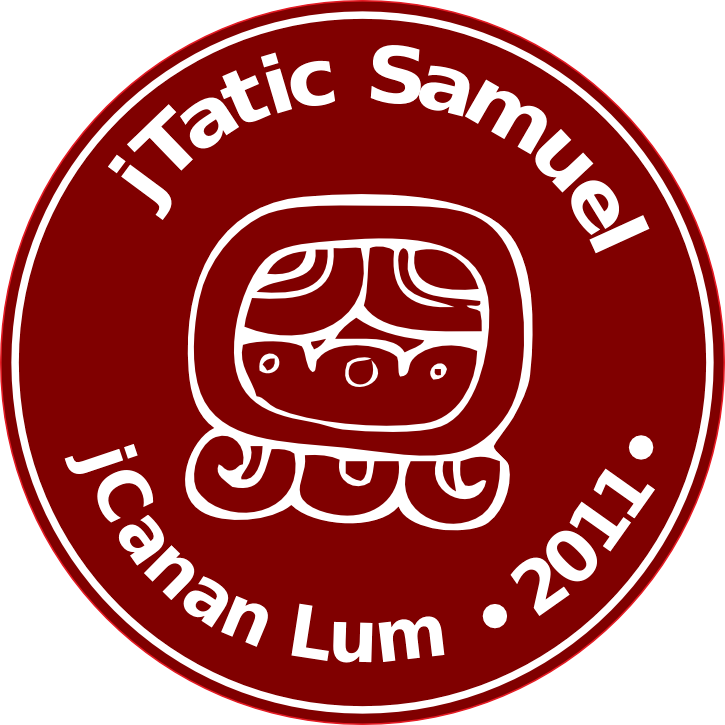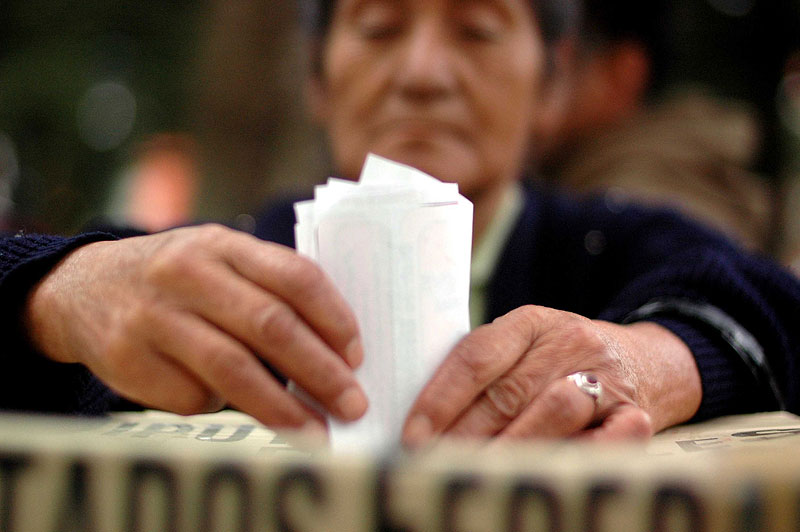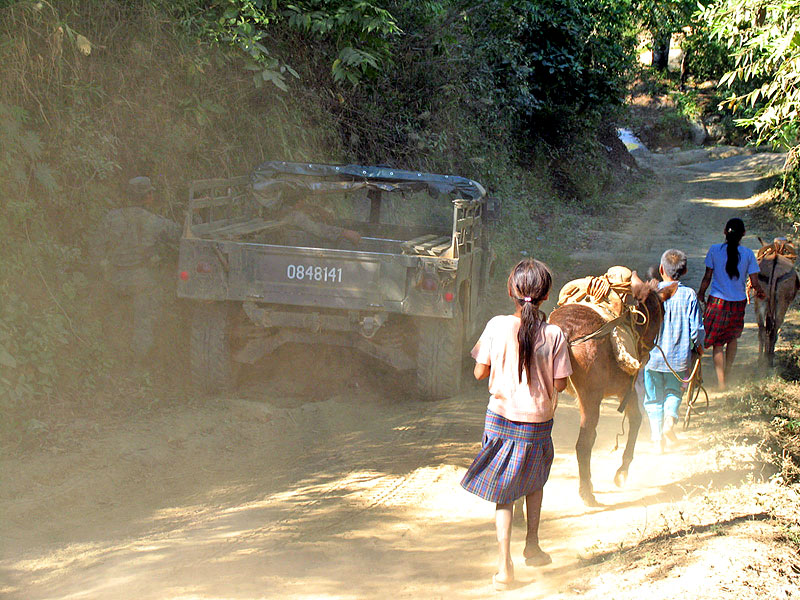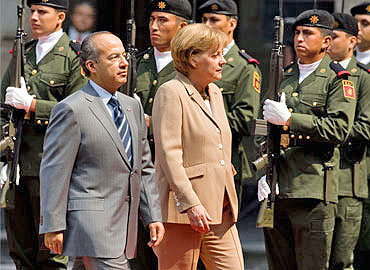
ANALYSIS: Serious challenges to Mexico regarding human rights
31/03/2010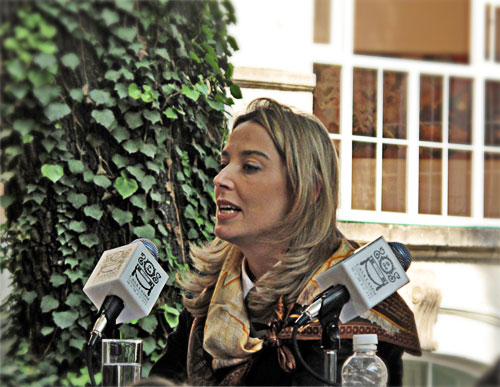
ANALYSIS : Progress, stagnation or deterioration?
30/12/2010“There are men who struggle for a day and are good. There are others who struggle for a year who are better. There are those who struggle for many years; they are very good. But there are those who struggle their entire lives: these are the indispensable ones..”
In January 2010, the Diocesan Coordination of Women (Codimuj), the Civil Society Las Abejas of Acteal, the Mayan Ecumenical Indian Theology group, and professor Alberto Patishtán Gómez received the honor “jTatic Samuel jCan Lum” from Don Samuel Ruiz Garcia, bishop emeritus of San Cristóbal. Alberto Patishtán thanked Don Samuel for his visit in the prison and asserted that this honor “gives [me] the strength to continue aiding the struggle to find liberty and the defense of our oppressed and marginalized brothers, dispossessed of their rights.”
With this recognition convoked by a group of civil organizations that were founded, inspired by or close to the episcopal services of Don Samuel, they are wanting to make-known and animate the work of women and men, organizations and collectives that have distinguished themselves through their work toward unity and non-violent social transformation. It is hoped that these individuals’ and organizations’ love for the people and their resistance is recognized, as well as their concrete contributions to the search for alternatives in light of the suffering and marginalization of the people, the destruction of the Earth, human-rights defense, the defense of the dignity of all, and the struggle for peace, justice, and liberation.
“jTatic Samuel jCanan Lum” is a charge given to Don Samuel Ruiz Garcia in Amatenango del Valle on the part of the ch’ol, tojolabal, tseltal, tsotsil, and zoque peoples in October of 1999. There they recognized him as care-taker of the people, who love and defend him, as who sustains him in the care of life, of land, and of nature. The honor was moreover a recognition of a life of service dedicated to the welfare of others. On several occasions jTatic Samuel has recognized that his service is the result of the historical processes of the communities and peoples who seek their liberation by means of making themselves subjects of their own history.
Among those, Professor Alberto Patishtán Gómez, member of the Voz del Amate, who has been held in three different prisons in Chiapas during the 10 years he has been unjustly imprisoned, gives us an example of how a human being can have an integrated spirit and share his virtues with love and simplicity.
The Diocesan Coordination of Women, which since the 1990s has promoted processes of liberation, solidarity, and the struggle for the rights of women as well as their education and empowerment, represents a historical struggle of indigenous women and campesinas. They are excellent promoters of the dignity of women from the Christian and indigenous cosmovisions.
The Civil Society Las Abejas, despite the release of 35 prisoners sentenced for their reported participation in the Acteal massacre and concomitant pressure to abandon non-violent resistance, maintains and makes-deeper its organizational process and struggle against impunity.
The Mayan Ecumenical Indian Theology group is rooted in its traditions and spirituality; it supports the struggle of indigenous peoples by means of reflections that address actual problems and needs: the care for the land and seeds, the transmission of knowledge regarding medicinal plants, protection of the work of the people, encouragement of individuals and communities committed to social struggle, as well as the recovery of traditions.
On 27 July, six months after having received the honor, representatives of the four processes honored in 2010 came together to share their experiences and unite their voices in a public event that sought mutual empowerment.
This day, a representative of Codimuj shared the following: “Before, we thought that women had to remain quiet because God wanted it so. But they have taught us bad ideas—misleading ones. Now we know that women also have dignity. God’s plan is love, respect for justice, and peace. We work toward these things now, continuing in Don Samuel’s path. The honor is given so that his work of 40 years can be shared among us all. Now we must also be prophets.” For them, the honor represents the “responsibility of continuing to strengthen our indigenous, liberatory church.” Members of the Mayan Ecumenical Indian Theology group remembered that loving and caring for the people is no easy task, adding that, although there may be thorns on the path, there are also flowers and fruits.
Las Abejas claimed that they “clearly recognize that we cannot do much alone—we cannot destroy the capitalist system this way. We realize that only united with other organizations can such a victory be had.” The following day, as a demonstration of the necessity of such mutual support toward social transformation, all these actors went to visit professor Patishtán in CERSS 5, although the director of the prison denied them entry, despite that the visit had previously been authorized by the office of the state governor. This happening was publicly denounced.
During the same public event on 27 July, the organizers of the honor made public the call for the jTatic Samuel jCanan Lum honor that will be awarded in January 2011. Proposals for candidates will be received until the close of November 2010.
jTatic Samuel jCanan Lum Honor 2011
For more information and to make proposals:
Coreco – Comisión para el apoyo a la unidad y la Reconciliación Comunitaria
Venezuela 30, Barrio de Mexicanos, San Cristóbal de Las Casas,
Tel/fax: 967 678 24 78
email: jcanan-lum@coreco.org.mx

